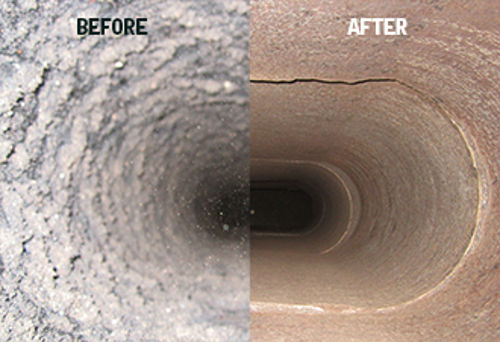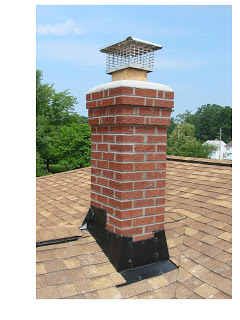
by Avery Soderman | Mar 12, 2014 | Cleaning Creosote
If you use a fireplace, unfortunately there is no escape from creosote. Every time wood is burned in the fireplace, creosote builds up on the chimney liner. For this very purpose, it is recommended to have a fireplace and chimney inspected annually—preferably in the...

by Avery Soderman | Mar 12, 2013 | Chimney Cleaning
Annual chimney inspections and cleanings are incredibly important for your safety. Although chimneys and fireplaces can be beautiful focal points in any room of a home and are great for extra warmth, they can still be unsafe. The Chimney Safety Institute of America...
by Avery Soderman | Jan 3, 2013 | Chimney Fire
Each year before lighting that first toasty fire in your fireplace, it is important to hire a chimney sweeper to inspect the overall chimney for any damage. This is rule number one in safety for using a fireplace and chimney. However, sometimes abiding by all of the...
by Avery Soderman | Aug 31, 2012 | Chimney Odor
Chimney odors and fireplace smells may be attributed to a multitude of different things. Fireplace smells come from creosote deposits in your chimney, a natural byproduct of burning wood. Chimney odors are usually stronger in the summer when the humidity is high, on...
by Avery Soderman | Oct 28, 2011 | Uncategorized, Winter Weather Chimney Concerns
According to the most recent statement from the National Fire Protection Agency, “Creosote is a sticky, oily, combustible substance created when wood does not burn completely. It rises into the chimney as a liquid and deposits on the chimney wall. A conservative...




